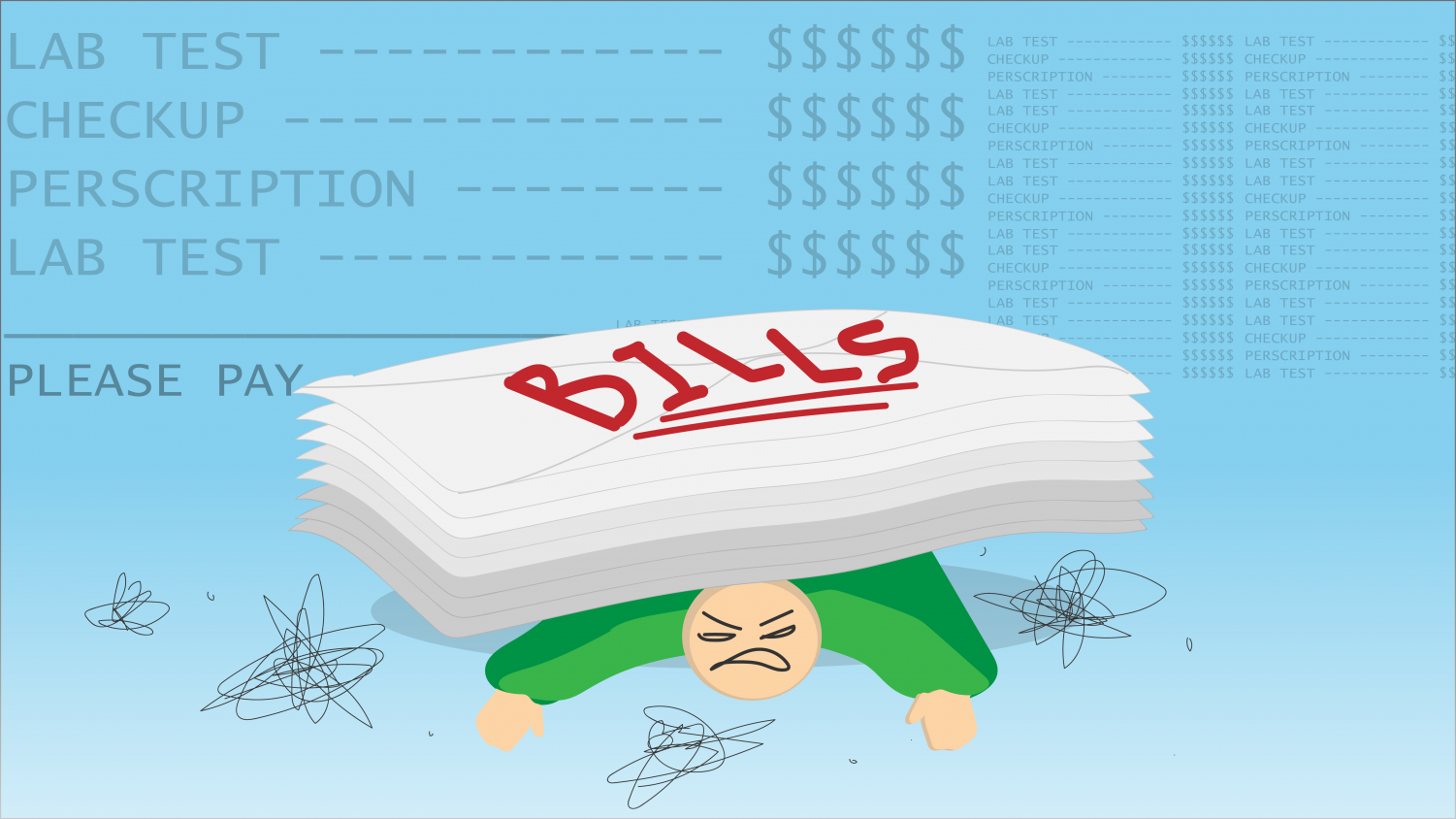Shortcomings of Tulane Health Center billing
March 26, 2020
All Tulane University students are required to have some form of health insurance. If a student’s external health insurance provider doesn’t meet “university standards,” they can enroll in the Tulane-sponsored Student Health Insurance Plan, otherwise known as T-SHIP. In theory, this mandate of high quality medical insurance shows Tulane’s commitment to student health.
Enrollment in the T-SHIP program should be beneficial for students. Insurance through Tulane means all necessary medical services are conveniently, readily available to students on campus.
According to the campus health website, “all unpaid charges will be automatically applied to the student’s Accounts Receivable.”
This allows students to deal directly with Tulane University — an institution that claims to care about student needs. By keeping the billing process within the university, students would avoid the anxiety of contacting multiple companies that may not consider student interests.
Unfortunately, the application of these policies has not been consistent. Communication with Tulane can be disappointingly slow, and the billing process is not as contained as the university makes it out to be.

Tulane, unbeknownst to most students, employs the services of debt collection agencies like JP Recovery Services. Organizations such as these do not have a meaningful connection to the university population, and in fact, the headquarters of JP Recovery Services is located 1,048.3 miles away from New Orleans — in a rural suburb named Rocky River, Ohio. Rather than charge students’ Accounts Receivable, Tulane has sent student medical bills to companies such as JP Recovery Services without warning.
“I thought I had paid all of my bills from a doctor’s appointment, but the health center called and told me I still owed some money,” Matt Dixon, a junior at Tulane, said.
After that phone call, Matt made sure to pay off his remaining medical bills. Despite this, the health center still sent his bill to JP Recovery Services. Without notifying him, Tulane had outsourced the payment of his medical billing — a practice that directly contradicts their stated policy. A company like JP Recovery Services does not care about the students. They only focus on the collection of a check. Being hounded by debt collection agencies induces unnecessary stress on students who are dealing with health issues.
There’s already anxiety associated with receiving medical treatment and figuring out how much of the cost will be covered by the T-SHIP program. The addition of debt collectors only worsens the student’s experience. An endless stream of phone calls and bills sent through the mail reminds a student that he or she owes a debt. There is no consideration of the student’s well-being. They do not care if the student is contesting the charges with Tulane. They only care about collection.
The health center claims to prioritize Tulane students “individual and collective” well-being. But, for many students, their experience is one of insufficient — or lack of — communication and stress-inducing bill collection practices. This results in a system that mimics the mercenary attitude held by private insurance companies.
Students already pay tens of thousands of dollars for their tuition; they deserve the best possible health insurance. Leaving billing to unforgiving debt collection agencies several states away is a total violation of student trust. Tulane should keep its stated promise of keeping medical bills within the university and maintain its commitment to students’ well-being.









Leave a Comment